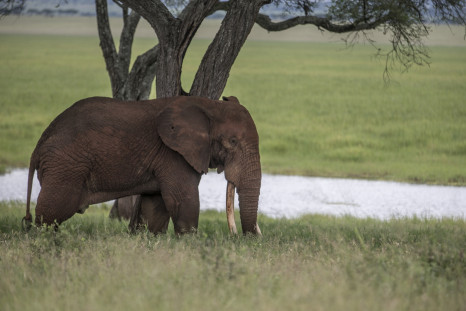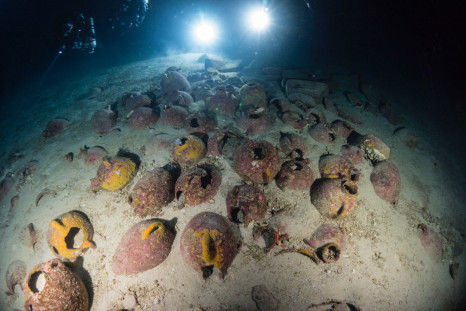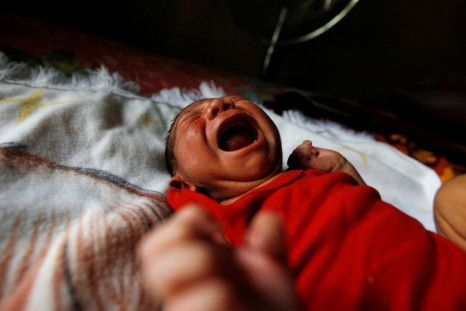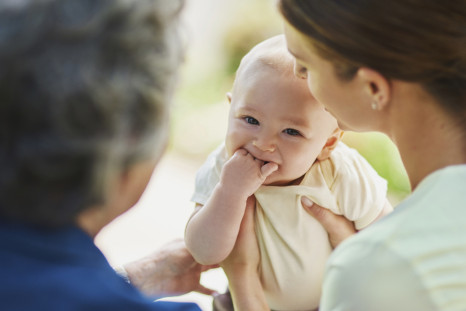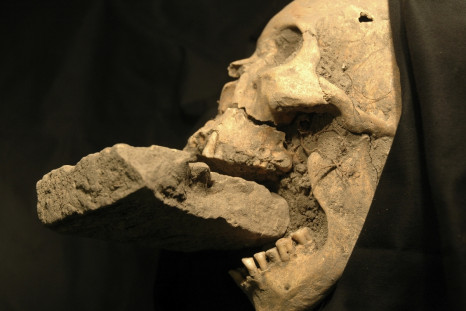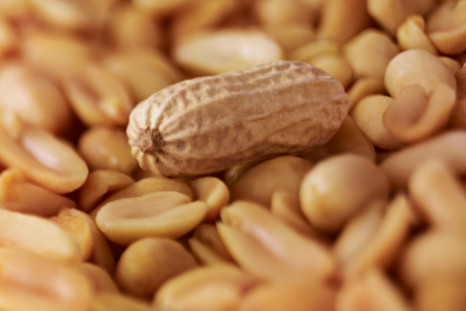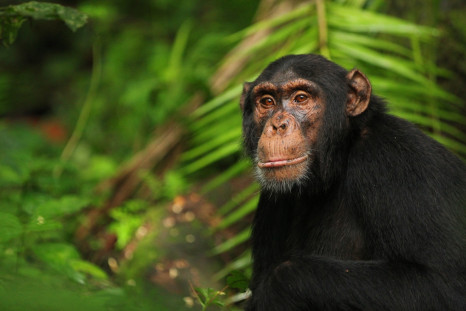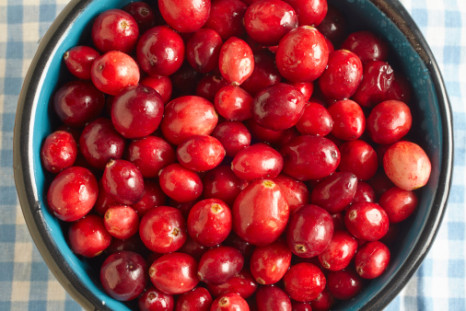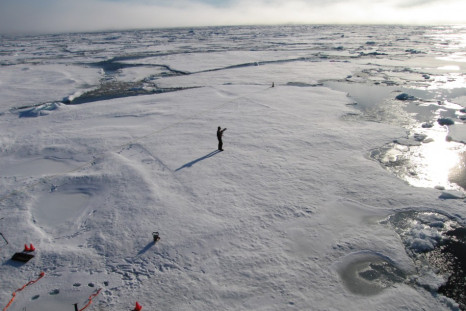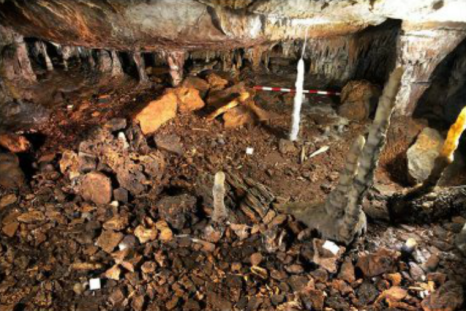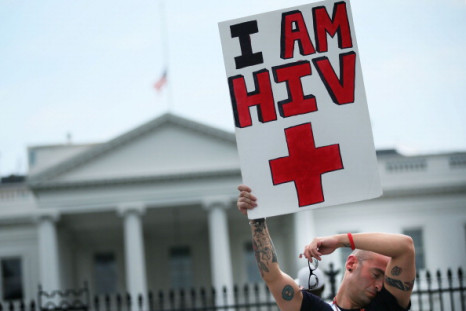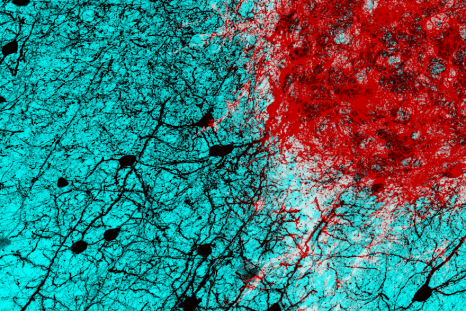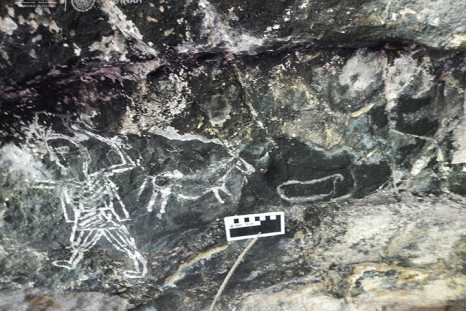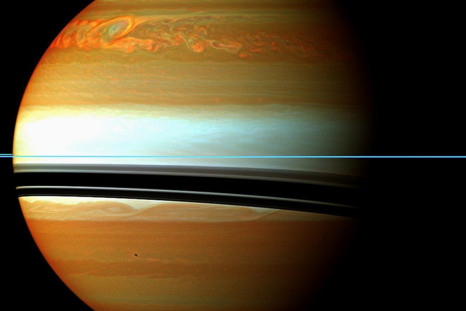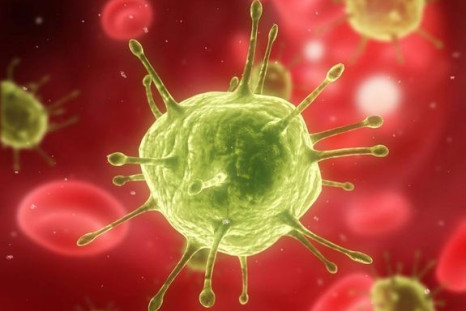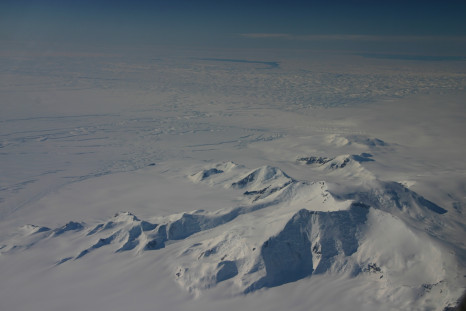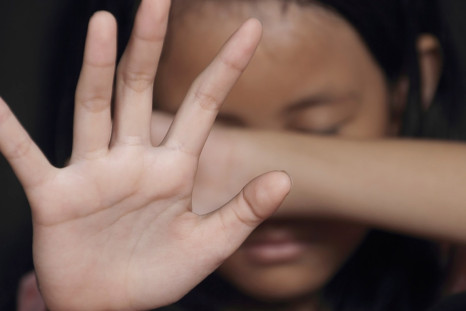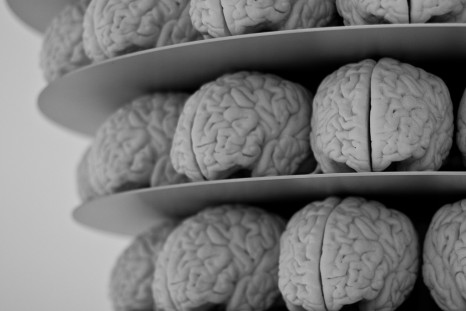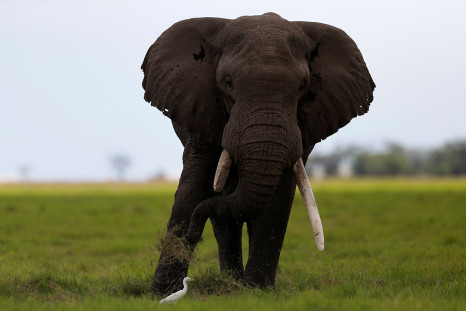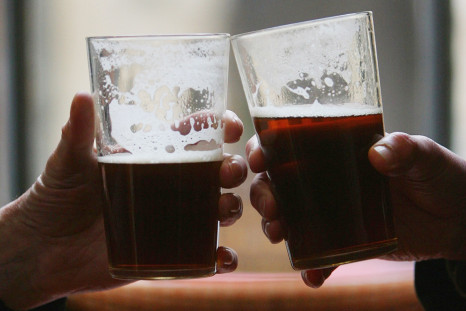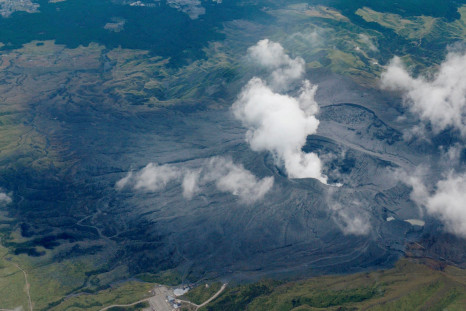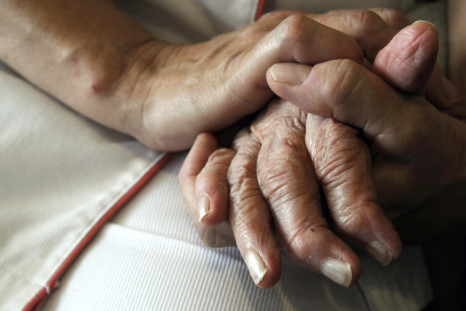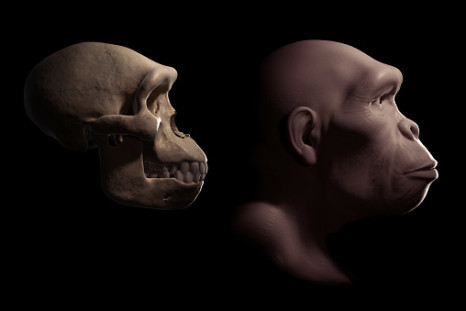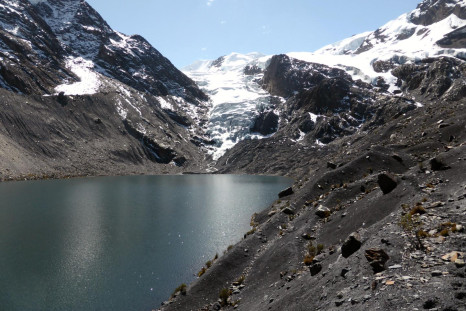More From Léa Surugue
Elephant poaching costs African tourism $25m each year - far more than preventative measures
Poaching is not just an environmental problem - it has a high economic cost too.
Nov 01, 2016
Oldest shipwreck in Central Mediterranean reveals clues about Phoenician trade networks
A shipwreck found a decade ago is still yielding new clues regarding the Phoenician civilisation.
Nov 01, 2016
Zika virus reduces testes' size in mice - and their chances of conceiving
In mice, a Zika infection damaged the reproductive organs and the ability of animals to reproduce.
Oct 31, 2016
Our genes influence when and how many children we have
Twelve areas of the genome have been tied to reproductive behaviour.
Oct 31, 2016
End of daylight saving time associated with increased risk of depression
People are more likely to be diagnosed with depression in November after the end of British summer Time.
Oct 31, 2016
Meet Vlad the Impaler, the 'real-life Dracula'
Bram Stoker chose Dracula's name based on Romanian ruler Vlad the Impaler.
Oct 29, 2016
From boiled brains to witch burnings: The most gruesome discoveries made by archaeologists
Bloody violence goes back centuries as grisly discoveries show.
Oct 29, 2016
How Frankenstein saved humankind
Dr Victor Frankenstein refrained from creating a second creature, saving humans from extinction.
Oct 28, 2016
Monoclonal antibody proves effective for HIV patients who resist other treatments
Iibalizumab may help HIV patients where other treatments have failed.
Oct 28, 2016
Patch treatment benefits patients with peanut allergy
Peanut allergies can be life-threatening but a new treatment appears safe and effective.
Oct 28, 2016
Preserving Volterra: How drones and lasers are documenting 3,000 years of Italian history
New technologies document the Etruscan, Roman and Medieval treasures of the Italian city of Volterra.
Oct 28, 2016
Chimpanzees and bonobos mated more than 200,000 years ago
Gene flows between bonobos and chimpanzees were identified over the course of their long history.
Oct 27, 2016
Myth busted? Cranberries don't help treat cystitis
Older women are particularly at risk of UTIs but cranberries do not help them in any way.
Oct 27, 2016
Why do Ice Ages occur every 100,000 years? Oceans' breathing may be to blame
Scientists have new hypothesis about why ice sheets advance and retreat on a 100,000-year time scale.
Oct 27, 2016
Our ancestors hunted gigantic cave lions for their fur up to 40,000 years ago
Evidence that humans skinned lions and used their furs in rituals has been found in Spanish cave.
Oct 26, 2016
There was never any 'Patient Zero' of HIV in the US
By reconstructing early HIV genomes, scientists show the US strain originated in the Caribbean.
Oct 26, 2016
Transplanted neurons act like the normal cells lost to brain damage
Transplanted embryonic neurons represent hope for many patients with brain diseases or head injuries.
Oct 26, 2016
Earliest depictions of Spanish conquerors discovered on walls of remote Mexican caves
Paintings of Spanish settlers in remote Mexican caves shed new light on brutal colonisation of the Americas.
Oct 26, 2016
Strange change in colours on Saturn investigated by Nasa
A camera on Cassini spacecraft revealed a change in colour on the northern polar region of the planet which occurred in four years.
Oct 26, 2016
CRISPR technology boosts hopes to find 'HIV cure'
Using CRISPR-Cas9 could lead to quicker advances in the field of HIV research.
Oct 25, 2016
Antarctic glaciers have lost hundreds of metres of ice in just seven years
The influx of warm ocean water beneath ice shelves in the Amundsen Sea has accelerated the loss of ice.
Oct 25, 2016
The brains of paedophiles who offend are different to those who do not
Non-offending paedophiles may avoid abusing children thanks to greater self control.
Oct 25, 2016
Our brain 'slacken' as we age - and this could improve Alzheimer's disease diagnosis
Measuring cortical tension in the human brain could serve as a potential new tool to diagnose diseases.
Oct 24, 2016
One immoral act begets another, brain research finds
The more dishonest acts we commit the easier they become to do
Oct 24, 2016
19th century poaching decimated elephants on coasts of Eastern Africa
Historic samples of ivory suggest elephant poaching was driven inland as animals disappeared off the coasts.
Oct 24, 2016
Substance abuse increases risk of developing schizophrenia by six times
A study involving more than 3 million people confirms the link between drug abuse and schizophrenia.
Oct 20, 2016
What are the odds? Mount Aso's volcano erupted just when scientists said it would
Following the 2016 Kumamoto earthquakes, Mount Aso erupted in October and is likely to do so again.
Oct 20, 2016
Rare Alzheimer's gene ten times more common in Icelanders
A variant of the gene TM2D3 is associated with a higher risk and earlier age of onset of Alzheimer's disease.
Oct 20, 2016
First evidence of right-handedness? Fossil suggest Homo habilis used right hand to eat
Teeth found in Tanzania show that Homo habilis was right-handed like most modern humans.
Oct 20, 2016
After Lake Poopó, it's Bolivia's glaciers that are at risk of disappearing
Rising temperatures have led to reduction of glaciers surface in the Bolivian Andes by 43%.
Oct 20, 2016
Pages
- PREV
- 17
- 18
- 19
- 20
- 21
- 22
- 23
- 24
- 25
- NEXT



